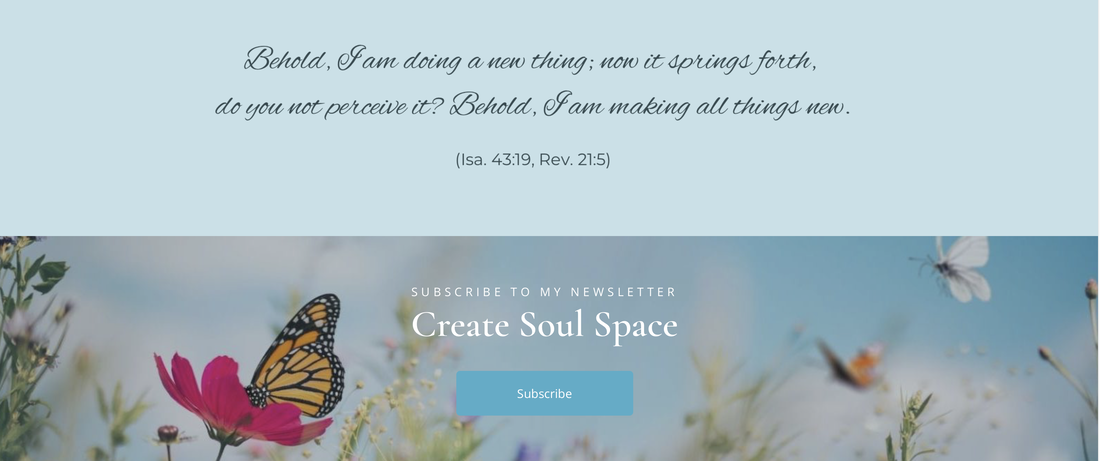|
Forgiveness is art of giving—of giving to ourselves, to our healing, and to our spiritual growth. It’s letting go of anger and resentment, and dissolving any desire for revenge or payback. It’s a release and a relief. What forgiveness is not is a memory eraser, nor should it be. “Forgive and forget” is an unhealthy attitude, because it’s impossible to forget excruciating trauma, nor should we try. “Forgetting” in this way is merely burying things rather than healing them—or healing from them. In order to heal, we can’t avoid. We have to walk directly through the scorching heat of the recovery process. Even after we fully heal, we won’t magically forget our trauma. Instead we’ll remember it, acknowledge how we’ve grown from the suffering we’ve endured, and recall what the abusive situation was like. This allows us not only to avoid similar situations in the future, but also to feel a healthy sense of much-needed empowerment and self-worth, an acknowledgment of the immense strength it takes to emerge from victim to resilient survivor. Forgiveness is about release: release of toxic attachment to a situation or person, release of having to dwell on what the person said or did, release to create the space to focus on yourself—on your own God-given strengths and talents, healthy hobbies and pursuits, and the development of close ties with supportive and loving friends and family.
0 Comments
Your comment will be posted after it is approved.
Leave a Reply. |
AuthorJenny duBay, Trauma-Informed Christian life coach specializing in healing from betrayal trauma and domestic abuse. |




